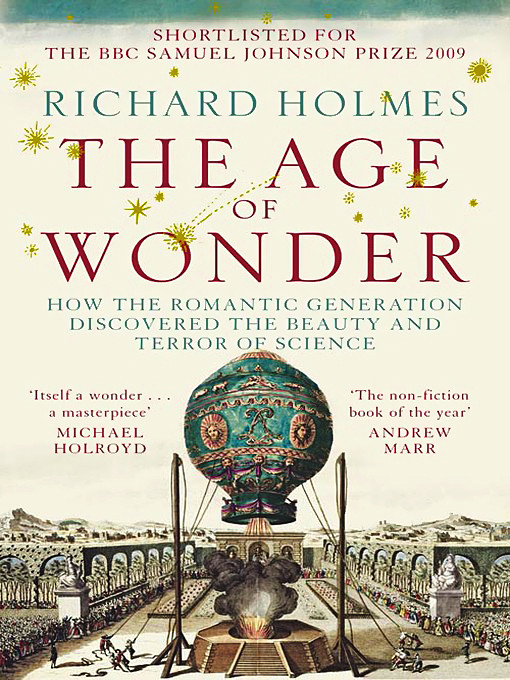

Most ebook files are in PDF format, so you can easily read them using various software such as Foxit Reader or directly on the Google Chrome browser.
Some ebook files are released by publishers in other formats such as .awz, .mobi, .epub, .fb2, etc. You may need to install specific software to read these formats on mobile/PC, such as Calibre.
Please read the tutorial at this link: https://ebookbell.com/faq
We offer FREE conversion to the popular formats you request; however, this may take some time. Therefore, right after payment, please email us, and we will try to provide the service as quickly as possible.
For some exceptional file formats or broken links (if any), please refrain from opening any disputes. Instead, email us first, and we will try to assist within a maximum of 6 hours.
EbookBell Team

0.0
0 reviewsAmazon Exclusive: Oliver Sacks on The Age of Wonder
Oliver Sacks is the author of The Age of Wonder:
I am a Richard Holmes addict. He is an incomparable biographer, but in The Age of Wonder, he rises to new heights and becomes the biographer not of a single figure, but of an entire unique period, when artist and scientist could share common aims and ambitions and a common language--and together create a "romantic," humanist science. We are once again on the brink of such an age, when science and art will come together in new and powerful ways. For this we could have no better model than the lives of William and Caroline Herschel and Humphry Davy, whose dedication and scientific inventiveness were combined with a deep sense of wonder and poetry in the universe. Only Holmes, who is so deeply versed in the people and culture of eighteenth-century science, could tell their story with such verve and resonance for our own time.
(Photo © Elena Seibert)
From Publishers WeeklyStarred Review. The Romantic imagination was inspired, not alienated, by scientific advances, argues this captivating history. Holmes, author of a much-admired biography of Coleridge, focuses on prominent British scientists of the late 18th and early 19th centuries, including the astronomer William Herschel and his accomplished assistant and sister, Caroline; Humphrey Davy, a leading chemist and amateur poet; and Joseph Banks, whose journal of a youthful voyage to Tahiti was a study in sexual libertinism. Holmes's biographical approach makes his obsessive protagonists (Davy's self-experimenting with laughing gas is an epic in itself) the prototypes of the Romantic genius absorbed in a Promethean quest for knowledge. Their discoveries, he argues, helped establish a new paradigm of Romantic science that saw the universe as vast, dynamic and full of marvels and celebrated mankind's power to not just describe but transform Nature. Holmes's treatment is sketchy on the actual science and heavy on the cultural impact, with wide-ranging discussions of the 1780s ballooning craze, Mary Shelley's Frankenstein and scientific metaphors in Romantic poetry. It's an engrossing portrait of scientists as passionate adventurers, boldly laying claim to the intellectual leadership of society. Illus. (July 14)
Copyright © Reed Business Information, a division of Reed Elsevier Inc. All rights reserved.